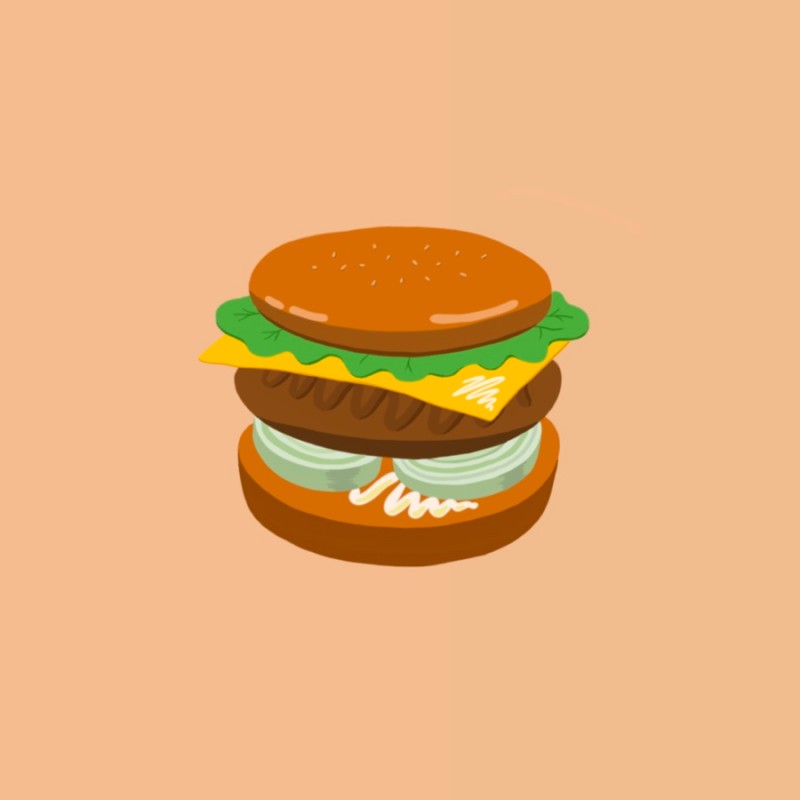음.. 처음 생각에는 일일이 3개의 벽을 세워두고 BFS를 쓰면 되지 않을까 생각했었다. 그런데 너무 비효율적이진 않을까? 라는 생각에 계속해서 고민해보았다. 그런데 그게 맞았다. 시간복잡도와 브루트포스에 대한 자신감을 가지고 해야겠다.
#include <iostream>
#include <algorithm>
#include <queue>
int map[9][9];
int ch[9][9];
int cnt = 0, res = -2147000000;
int n, m;
int dx[4] = { 0,1,0,-1 };
int dy[4] = { -1,0,1,0 };
using namespace std;
void BFS() {
queue<pair<int, int>> Q;
cnt = 0;
for (int i = 1; i <= n; i++) {
for (int j = 1; j <= m; j++) {
ch[i][j] = map[i][j];
if (ch[i][j] == 2) Q.push(make_pair(i, j));
}
}
while (!Q.empty()) {
//cout << "error";
int x = Q.front().first;
int y = Q.front().second;
Q.pop();
for (int i = 0; i < 4; i++) {
int xx = x + dx[i];
int yy = y + dy[i];
if (xx > n || xx<1 || yy>m || yy < 1) continue;
if (ch[xx][yy] == 1 || ch[xx][yy] == 2) continue;
if (ch[xx][yy] == 0) {
ch[xx][yy] = 2;
Q.push(make_pair(xx, yy));
}
}
}
for (int i = 1; i <= n; i++) {
for (int j = 1; j <= m; j++) {
if (ch[i][j] == 0) cnt++;
}
}
}
int main() {
ios_base::sync_with_stdio(false);
//freopen("in1.txt", "rt", stdin);
int i, j, k, x1, x2, x3, y1, y2, y3;
cin >> n >> m;
for (i = 1; i <= n; i++) {
for (j = 1; j <= m; j++) {
cin >> map[i][j];
}
}
for (x1 = 1; x1 <= n; x1++) {
for (y1 = 1; y1 <= m; y1++) {
if (map[x1][y1] != 0) continue;
for (x2 = 1; x2 <= n; x2++) {
for (y2 = 1; y2 <= m; y2++) {
if (map[x2][y2] != 0) continue;
for (x3 = 1; x3 <= n; x3++) {
for (y3 = 1; y3 <= m; y3++) {
if (map[x3][y3] != 0) continue;
if (x1 == x2 && y1 == y2) continue;
if (x1 == x3 && y1 == y3) continue;
if (x2 == x3 && y2 == y3) continue;
map[x1][y1] = 1;
map[x2][y2] = 1;
map[x3][y3] = 1;
//cout << "map ";
BFS();
if (res < cnt) res = cnt;
map[x1][y1] = 0;
map[x2][y2] = 0;
map[x3][y3] = 0;
}
}
}
}
}
}
cout << res << '\n';
return 0;
}